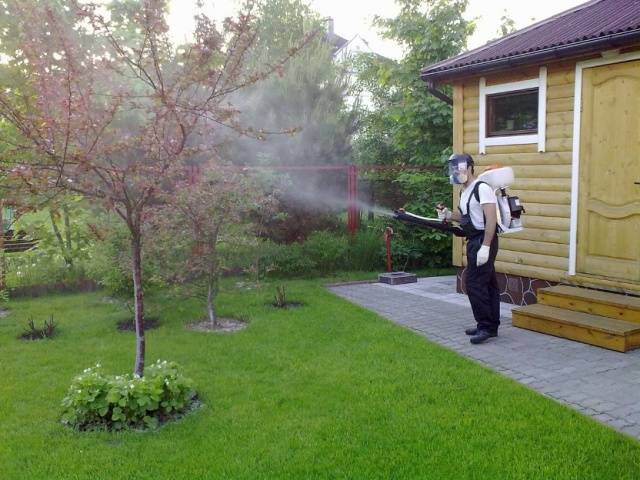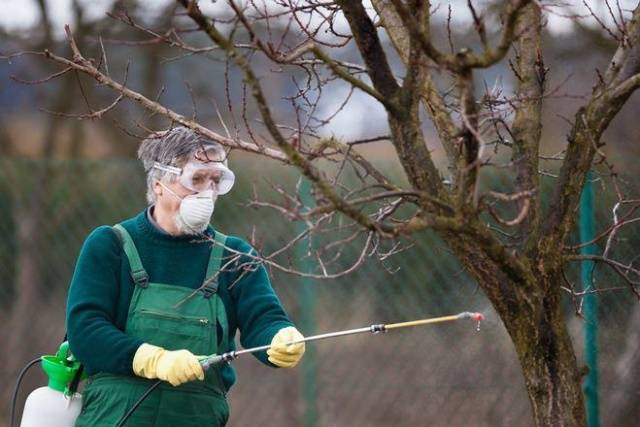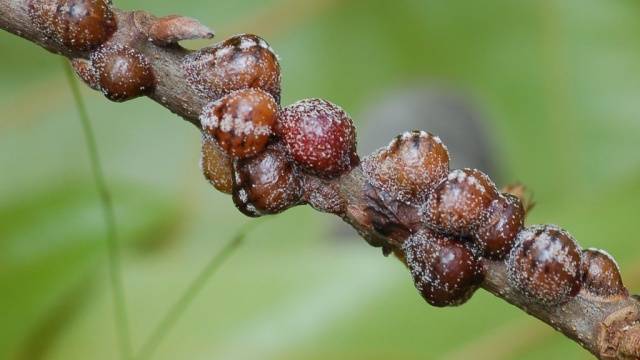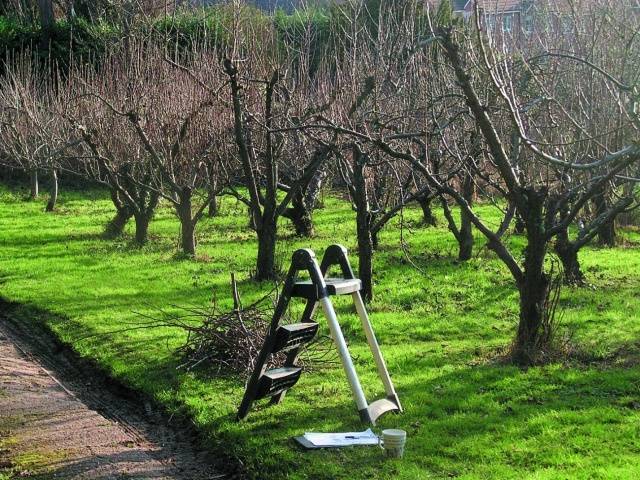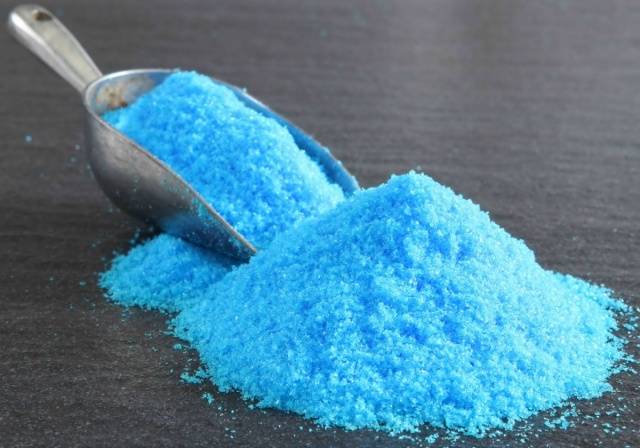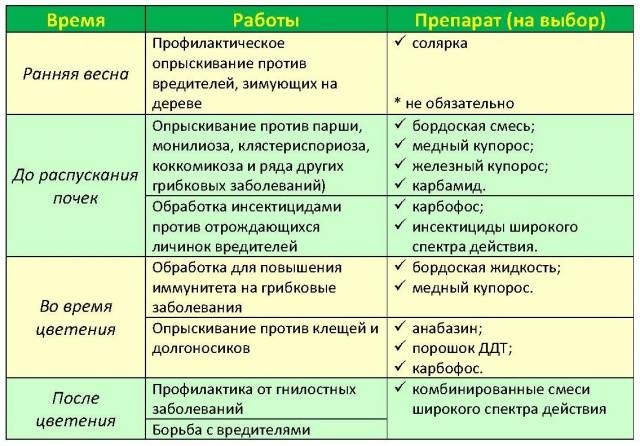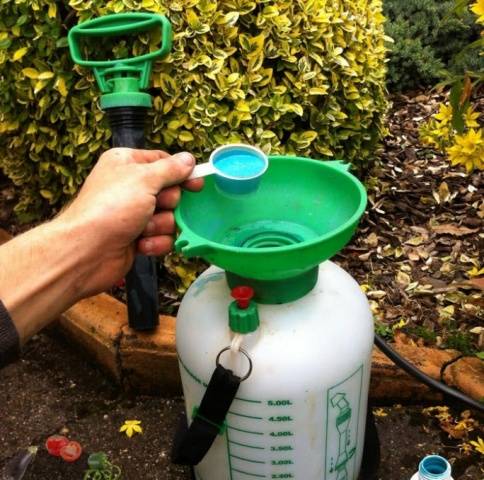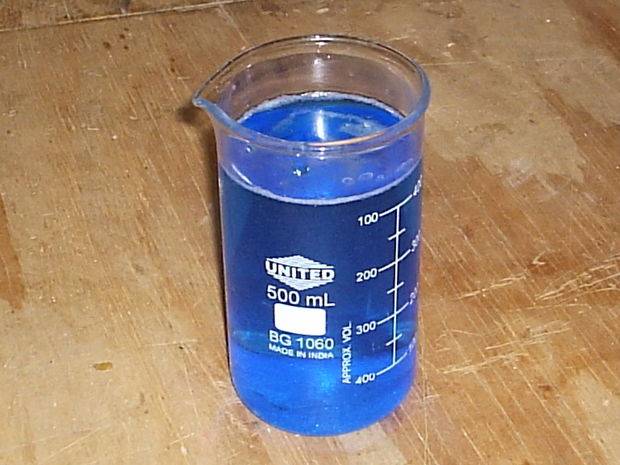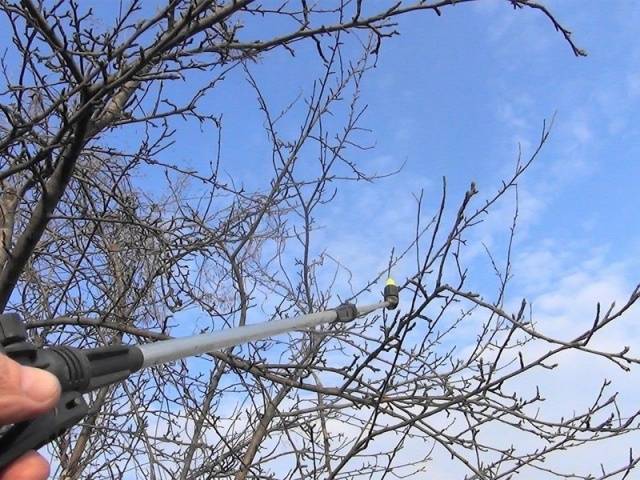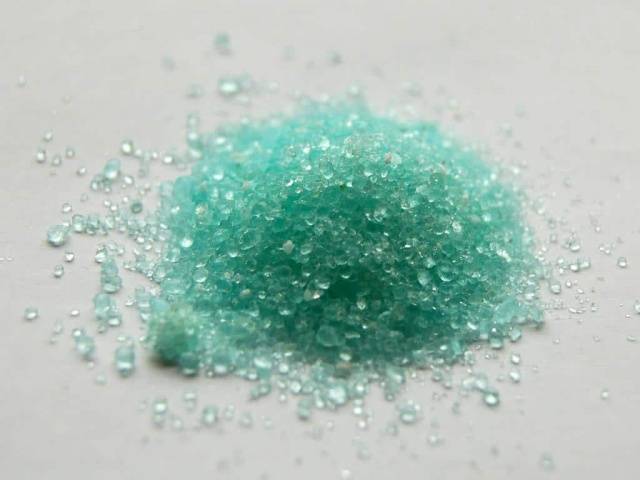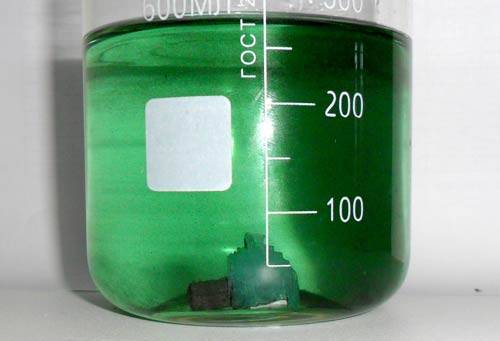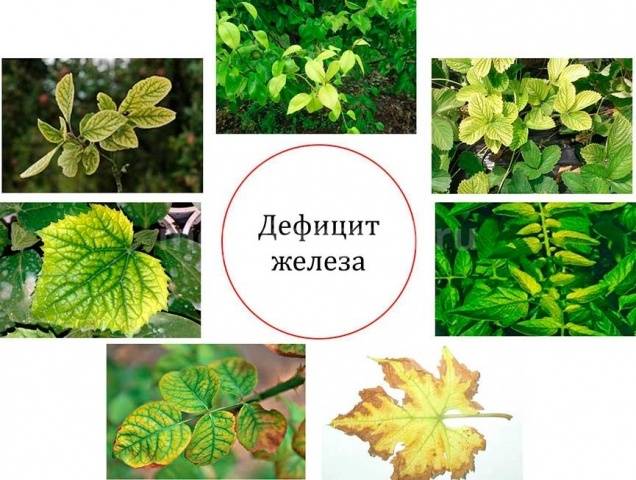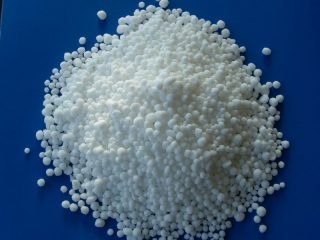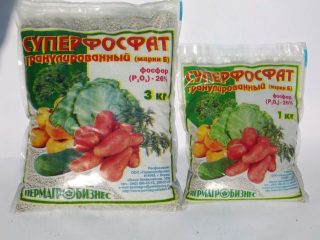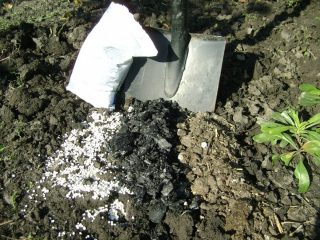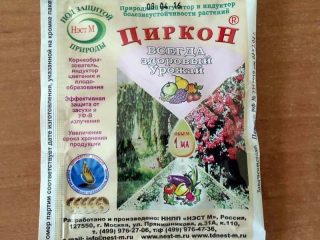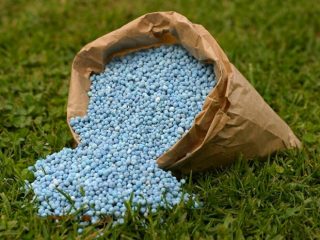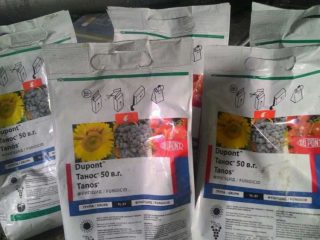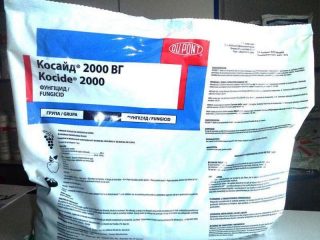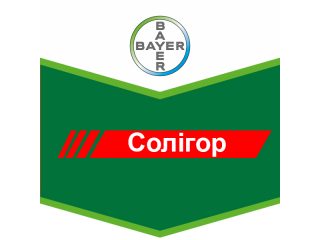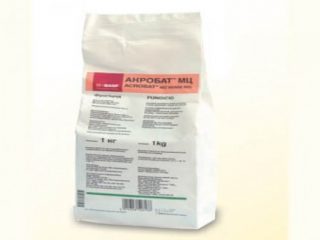Content
The modern reality is that no garden can do without regular spraying: even the highest quality seedlings of the latest elite varieties will not produce a good harvest if the trees are not protected from diseases and pests. There are many preparations for treating orchards, but domestic gardeners prefer old, time-tested remedies, such as copper and iron sulfate. These substances are available, cheap, easy to prepare a solution from, and, most importantly, copper and iron preparations can be used all year round.
All about spraying fruit trees in spring copper and iron sulfate can be found in this article. Here we will talk about the features of each drug, methods for preparing solutions, spraying technology and safety measures when working with toxic substances.
Why do you need spring gardening?
The gardener has to work with fruit trees throughout the warm season: from early spring to late autumn. In addition to standard measures such as watering, fertilizing and pruning, the garden requires preventive treatment against common diseases and pests.
It is in early spring that it is possible to suppress the growth of infections and larvae, which often overwinter on the bark, in cracks, in the soil near the trunk and even in the buds of fruit trees. Spring spraying of the garden allows you to solve several problems at once:
- Build plant immunity to dangerous infections and viruses.
- Prevent the reproduction and attacks of pests.
- Prepare fruit trees for flowering and ovary formation (feed the plants with minerals).
A gardener must understand that it is extremely difficult to eliminate the consequences of disease or insect activity, therefore the most important measures in garden treatment are preventive.
Garden treatment products
Treatment of fruit trees in domestic gardens is most often carried out using accessible and inexpensive means, such as urea, copper and iron sulfate, Bordeaux mixture, and lime.
Such drugs are considered less toxic and dangerous to human health, their particles do not accumulate in fruits and vegetables, and the effect is long-lasting.
Copper sulfate
Copper sulfate is essentially aqueous copper sulfate and comes in the form of small blue or dark blue crystals. In agricultural stores, copper sulfate is sold in bags or bottles, respectively, it can be in the form of powder or liquid concentrate.
It is necessary to understand that copper sulfate is a toxic substance belonging to the third hazard class.Therefore, you should work with copper sulfate in protective clothing, glasses and gloves.
Spraying fruit trees with copper sulfate is quite justified for the following reasons:
- if the instructions are followed, copper sulfate does not accumulate in plants and fruits, does not give side effects and has no undesirable manifestations;
- has a strong fungicidal effect, therefore it is widely used in the fight against mold and other fungal infections;
- is a good biocidal agent that helps in the prevention and control of certain insects and pests of fruit trees;
- does not cause addiction to copper sulfate in harmful objects, that is, it can be used repeatedly several times a season without losing effectiveness;
- is a source of copper microelements necessary for plants for normal photosynthesis and other vegetative processes;
- Copper sulfate is much cheaper than similar synthetic drugs.
Dosage and preparation of solution
Before spraying fruit trees with copper sulfate, it is necessary to accurately calculate the amount of the drug for each plant and prepare a solution. The concentration of the solution will depend on the gardener’s goal: whether preventive treatment of the garden is necessary or whether pests or infections that are developing in full swing are to be combated.
Thus, there are three concentrations of copper sulfate:
- Burning out, when the proportion of copper sulfate in the solution is from 3 to 5 percent.That is, to prepare a liquid for disinfection and treatment, you need to dissolve 300-500 grams of copper sulfate powder in 10 liters of water. A concentration of such force can only be used to disinfect the soil on a site or in a greenhouse, to combat mold on wooden structures. Plants are not treated with a burning solution of copper sulfate.
- Treatment and prophylaxis the mixture should contain 0.5-1% copper sulfate. To prepare a composition for spraying garden trees, you need to stir 50-100 grams of copper sulfate in 10 liters of water. This solution is suitable for combating fungal infections and some pests: anthracnose, coccomycosis, spotting, septoria, scab, rot, curl and others. The same composition is used to treat wounds on trunks and shoots.
- Feeding and preventive the solution should contain only 0.2-0.3% copper sulfate. To prepare it, take 20-30 grams of powder per 10 liters of water. It is recommended to use a weak solution of copper sulfate when signs of copper starvation of plants appear (chlorosis of leaves, curling of their tips, severe tillering, etc.). Another similar product is used for preventive treatment of the garden.
When to use copper sulfate
Gardeners use a fertilizing and prophylactic solution of copper sulfate throughout the entire summer season. This affordable and simple remedy is effective in many cases:
- as soon as the air warms up to 5 degrees, water the soil near the roots of the trees with a weak solution of copper sulfate;
- even before the buds open, trees are sprayed with a one percent solution to destroy infectious spores and insect larvae overwintering on the shoots;
- before planting, the roots of any seedlings can be dipped in a one percent solution of copper sulfate for three minutes to disinfect them (after which the root system is thoroughly washed with running water);
- when the first signs of disease or pest invasion appear, fruit trees are treated with a 0.5-1 percent solution;
- any wounds on plants can also be disinfected with copper sulfate (for adult trees, take a 1% solution, and for seedlings and shrubs, 0.5% is enough);
- After the autumn leaf fall, the orchard can be processed one last time to destroy pathogens and larvae that overwinter on the shoots and in the bark.
Ferrous sulfate
Iron sulfate is a salt formed by the reaction of sulfuric acid and ferrous iron. Externally, ferrous sulfate appears as small turquoise crystals.
In agriculture, iron sulfate is used in the form of a solution, for the preparation of which the active substance is dissolved in water. The resulting mixture is sprayed on plants or added to whitewash to treat trunks.
With the help of iron sulfate, gardeners solve a number of problems:
- eliminate mosses and lichens on tree trunks and trunks;
- fight various fungal infections;
- protect the garden from insect pests;
- the solution heals wounds and old hollows on trunks;
- saturate the soil around fruit trees with iron.
Preparation of the solution
It is necessary to prepare a concentrate from iron sulfate crystals strictly in accordance with the instructions. Typically, in early spring and late autumn, trees in the garden and soil are treated with a strong solution - 5-7%, but during the growing season of plants you need to use a weaker concentration - 0.1-1%.
The concentration of ferrous sulfate solution depends not only on the time of year, but also on the type of fruit trees:
- Stone fruits (plum, peach, apricot, cherry and others) are treated with a three percent solution of iron sulfate. 300 grams of turquoise crystals are dissolved in 10 liters of water and the orchard is treated with the resulting mixture in late autumn (when the branches are bare).
- Pome crops (grapes, apple trees, pears) require a stronger concentration - 4% iron sulfate (400 grams of powder per 10 liters of water). Tilling the garden should be done in early spring or late autumn.
- In the case when the garden is neglected, the trees were sick throughout the previous season, you can increase the concentration of iron sulfate to 5-6%. In this case, it is very important to choose the right time for processing - when the movement of sap in the plant has not yet begun or has already ended.
Conclusion
To improve the health of your garden and prevent various diseases, it is not necessary to spend huge amounts of money on special preparations. In any agricultural store there are a couple of time-tested, affordable substances: copper and iron sulfate. Solutions based on these preparations are used to carry out preventive spring treatment of the garden, control pests and diseases of fruit trees, and fertilize plants with metals.
